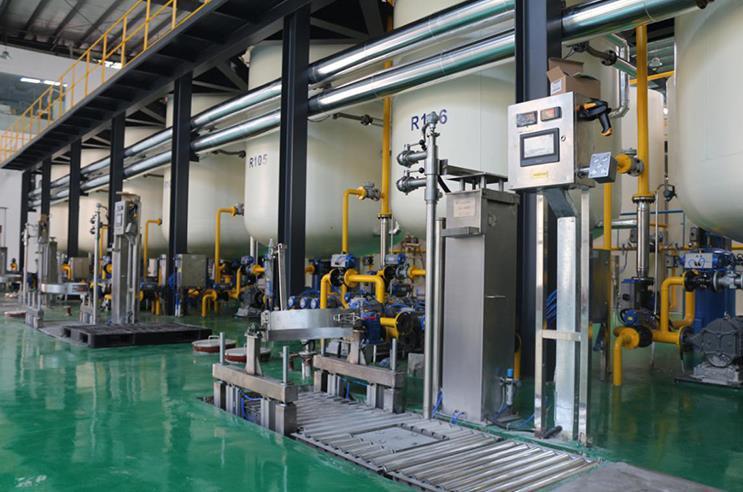Are Aftermarket Lubricants from Blending Plants as Good as OEM Brands?

When it comes to car care, engine oil is like the lifeblood of your vehicle. But with a dizzying array of choices on the shelf, a common question arises: are aftermarket lubricants from blending plants as good as the ones from your car's original equipment manufacturer (OEM)?
Let's delve into the oil pan and explore the differences:
Formulation: OEM lubricants are designed specifically for your car's make and model. They meet the exact specifications laid out in your owner's manual, ensuring optimal performance and compatibility. Aftermarket lubricants, on the other hand, are formulated to cater to a wider range of vehicles. While they may meet industry standards (like API), they might not be a perfect fit for your specific engine.
Quality Control: OEM brands often have a reputation for stricter quality control measures during the manufacturing process. This can translate to a more consistent product with minimal variations. Aftermarket lubricants, depending on the brand, may have varying levels of quality control. Doing your research on the reputation of the blending plant is key.
Cost: Aftermarket lubricants are generally more affordable compared to OEM brands. This can be a major advantage, especially for routine maintenance.
Availability: Finding the specific OEM oil for your car might require a trip to a dealership or specialty store. Aftermarket lubricants are often readily available at auto parts stores and online retailers.
So, which one should you choose?
The answer depends on several factors:
Your car's warranty: If your car is under warranty, using the recommended OEM oil is crucial to maintain warranty coverage. Consult your owner's manual for specifics.
Driving habits: For regular, everyday driving, a high-quality aftermarket oil might be perfectly adequate. If you engage in heavy-duty activities like towing or performance driving, opting for the recommended OEM oil might be wiser for optimal engine protection.
Budget: If budget is a major concern, a good quality aftermarket oil can be a viable option.
Here are some additional tips:
Research the brand: Not all aftermarket lubricants are created equal. Look for reputable brands with a history of producing high-quality products.
API Certification: Ensure the oil meets the American Petroleum Institute (API) standards for your car's engine type.
Consult your mechanic: If you're unsure about which oil to choose, discuss your options with a trusted mechanic. They can advise you based on your car's specific needs and your driving habits.
Ultimately, the choice between aftermarket and OEM lubricants comes down to balancing performance needs, budget constraints, and warranty considerations. By understanding the key differences and doing your research, you can make an informed decision to keep your engine running smoothly for miles to come.
- Art
- Causes
- Crafts
- Dance
- Drinks
- Film
- Fitness
- Food
- Oyunlar
- Gardening
- Health
- Home
- Literature
- Music
- Networking
- Other
- Party
- Religion
- Shopping
- Sports
- Theater
- Wellness


